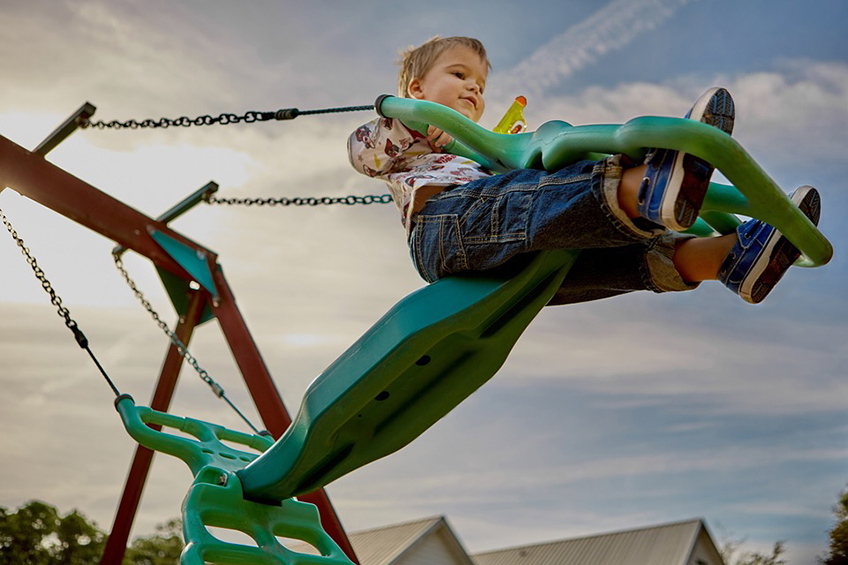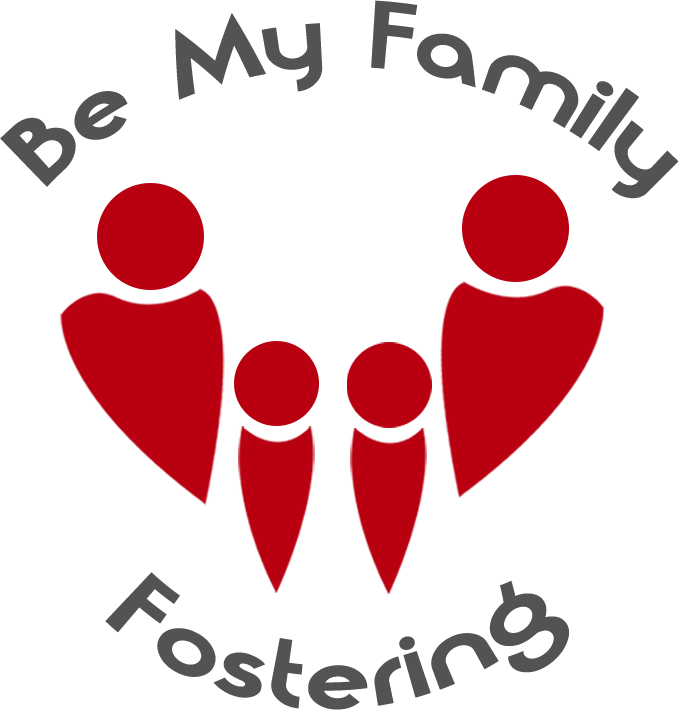Become A Foster Carer

Rule yourself in, almost anyone can apply to foster:
- You can be a parent already, or have no children of your own
- You can be single, married or have a partner
- You can be claiming benefits or in work
- You can own your house or rent (as long as it’s stable)
- You can apply to foster whatever your cultural background and religious beliefs
- Your sexuality won’t prevent you from fostering
- You can apply from the age of 18
- You can continue fostering past retirement age, as long as your health is good
- You don’t need any formal qualifications
You do not need a formal qualification, but you do need skills and qualities that will enable you to meet the needs of the children and young people you care
for. And in the majority of cases you also need a spare room.
At times it will be expected that at least one adult will be a full-time home-based foster carer as there are certain commitments you will need to make (such as attending meetings and facilitating contact). Some types of fostering will be more demanding of your time than others – your Supervising Social Work will help you identify, which could best suit you.
There are certain offences that will prevent you becoming a foster carer, so if you have ever been convicted of a sexual offence or a violent act towards a child then you will not be able to foster.


A diverse range of foster carers is recruited to reflect the children in care and offer them as much placement choice as possible.
The children needing care are all different and from all kinds of backgrounds – and so we need all types of foster families, from all ethnic, cultural and religious backgrounds to meet their needs.
Every time we would propose a foster family for a child, we look for what will work best for that particular child at that particular time.
All foster carers are different and can offer different things – and between them they make up the range of care that’s needed. For example, some people look after a disabled child for perhaps one weekend a month to give his or her parents a break, while others care for a child full-time for several years. Some people take just one child at a time, others are able to take two or three, or to look after a group of brothers and sisters. We need people to do all these things.
The people who become carers all have one thing in common, a love of children and a desire to help them.
